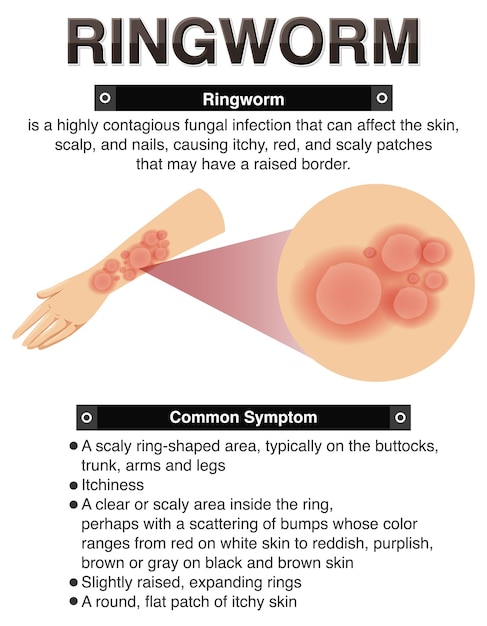
Pregnant women who are in good health should ensure they include five key vitamins in their diet: vitamin D, vitamin B, vitamin C, calcium, and folic acid. While other vitamins and minerals are important too and can be found in various foods, sometimes supplements might be necessary if the body isn’t getting enough nutrients for both mother and baby.
Vitamins from Foods:
Eating healthy foods can be divided into four main categories:
1. Fruits and Vegetables
2. Whole Grains
3. Proteins: Fish, eggs, meat, almonds, and nuts
4. Dairy Products: Cheese, milk, yogurt
Dairy products and sea fish are rich in iodine, essential for the baby’s brain development. It’s best to avoid sugary and fizzy drinks as they lack the essential vitamins, proteins, and minerals needed for both mother and baby.
Diet Challenges During Pregnancy:
Keeping a balanced diet during pregnancy can be tough. Nausea might prevent you from eating properly, and a busy schedule can interrupt regular meal times. In these situations, vitamin supplements can be helpful.
Pregnancy Supplements:
Most pregnancy supplements provide necessary vitamins and minerals for the baby’s development. It’s recommended to take one supplement a day, avoiding those with retinol, which can harm the baby. Supplements should include 10 micrograms (mcg) of vitamin D and 400 mcg of folic acid.
Folic Acid:
A daily supplement of 400 mcg of folic acid is recommended for the first 12 weeks of pregnancy. Foods high in folate, the natural form of folic acid, include green vegetables and certain cereals. Folic acid helps in the proper development of the baby and prevents neural tube defects.
Vitamin D:
Pregnant women should take 10 mcg of vitamin D daily. This vitamin regulates phosphate and calcium, crucial for healthy teeth and bones. While some foods like eggs and oily fish contain vitamin D, sunlight exposure also helps your body produce it. However, avoid too much sun, especially during hot summer days.
Vitamin B:
Also known as pyridoxine, vitamin B helps metabolize carbs, proteins, and fats, and is vital for red blood cell formation and brain development. The recommended daily dose during pregnancy is 1.9 mg, usually obtained from foods such as lean meat, beans, nuts, and fish unless there’s a deficiency.
Vitamin C:
Vitamin C, or ascorbic acid, aids in wound healing, tissue repair, healthy skin, and bone growth, while also acting as an antioxidant. It’s essential for collagen production, important for skin, tendons, bones, and cartilage. Additionally, it helps the body absorb iron.
Calcium:
Calcium is crucial for the bone and teeth development of the baby and also supports the mother’s muscles, heart, and nerves. Pregnant women need 1,000 mg of calcium daily, which can be sourced from dairy products. If dietary calcium is insufficient, the baby will draw from the mother’s bones, potentially harming her health over time.
Other Recommended Supplements:
Pregnant women should have regular blood tests to check for vitamin deficiencies. Iron is particularly important as blood volume increases to support the baby’s development. Iron-rich foods include pulses and meat. Pregnancy vitamins are available in pharmacies, supermarkets, and online, but always read the labels carefully.
The key vitamins pregnant women should consider include:
– Beta carotene and vitamin A
– Vitamin D
– Vitamin E
– Vitamin C
– Vitamin B1
– Vitamin B2 (Riboflavin)
– Vitamin B3 (Niacin)
– Vitamin B6 (Pyridoxine)
– Folic acid
– Calcium
– Iron
– Zinc
Monitoring your diet closely during pregnancy is crucial. Some vitamins can be sourced from food, but supplementing might be necessary for others, especially if dietary intolerances develop. Always consult with a healthcare provider before starting any new supplements.



